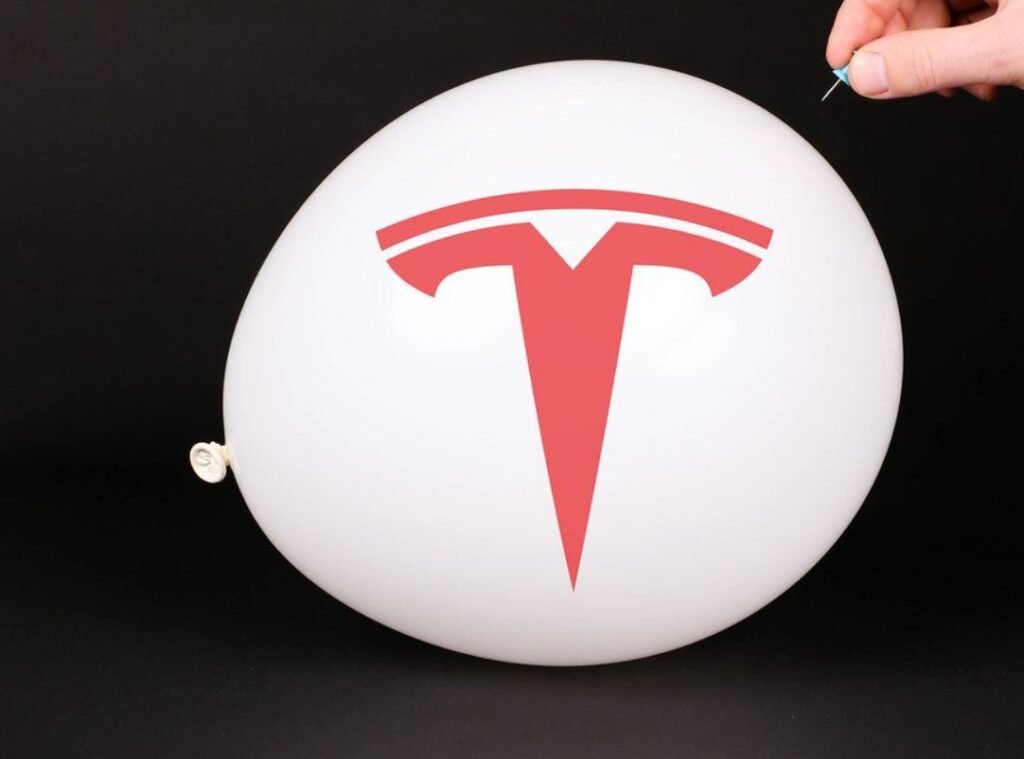Tesla, the world’s leading electric vehicle maker, has announced a recall of more than 1.6 million cars in China due to a software issue that could affect the steering function. The recall, which covers Model S, X, 3 and Y vehicles produced between 2019 and 2021, is one of the largest in the history of the company and the Chinese market.
According to the State Administration for Market Regulation, China’s top market watchdog, the recall was initiated by Tesla after it discovered a potential safety risk in the software of the electric power steering system. The software may fail to detect the torque applied by the driver to the steering wheel, resulting in a loss of steering assist or a sudden increase of steering force. This could pose a danger to the driver and other road users, especially at high speeds or in complex road conditions.

Tesla said it will provide a free software update to fix the problem, and that the recall does not affect the normal use of the vehicles. The company also said it has not received any reports of accidents or injuries related to the issue. Tesla customers can check the official website or app to see if their vehicles are affected by the recall, and contact the nearest service center for assistance.
Tesla’s challenges in China
The recall is a major setback for Tesla, which has been expanding its presence and sales in China, the world’s largest electric vehicle market. Tesla delivered more than 484,000 vehicles in China in 2023, accounting for about 27% of its global sales. The company also operates a factory in Shanghai, where it produces Model 3 and Model Y cars for the domestic and overseas markets.
However, Tesla has also faced increasing competition and scrutiny in China, where local rivals such as BYD, Nio, Xpeng and Li Auto have been gaining market share and customer loyalty with their innovative and affordable models. BYD, backed by billionaire Warren Buffett, surpassed Tesla in battery-only vehicle sales in the fourth quarter of 2023, selling more than 526,000 units compared to Tesla’s 484,500.
Tesla has also been under pressure from the Chinese authorities and consumers over quality and safety issues, such as battery fires, sudden acceleration, brake failures and data security. In April 2023, Tesla was summoned by five Chinese regulators to address these problems and improve its internal management. In May 2023, Tesla issued another recall of more than 285,000 vehicles in China for a software update to fix a cruise control system that could be accidentally activated.
Tesla’s global recall woes
The latest recall in China is not the first time that Tesla has faced software glitches in its vehicles. In December 2023, Tesla recalled more than two million vehicles in the U.S. for a similar issue with the autopilot feature, which could cause the cars to accelerate or decelerate unexpectedly. The recall, which affected Model S, X, 3 and Y vehicles made between 2014 and 2021, was the largest in Tesla’s history and the fourth in the U.S. in the past two years.
Tesla has been relying on software updates to enhance the performance and functionality of its vehicles, as well as to fix bugs and errors. However, some analysts and critics have questioned the reliability and safety of Tesla’s software, especially the autopilot system, which has been involved in several fatal crashes and investigations. Tesla has maintained that its software is safe and that its vehicles are among the safest on the road, but it has also warned drivers to remain attentive and in control at all times.
